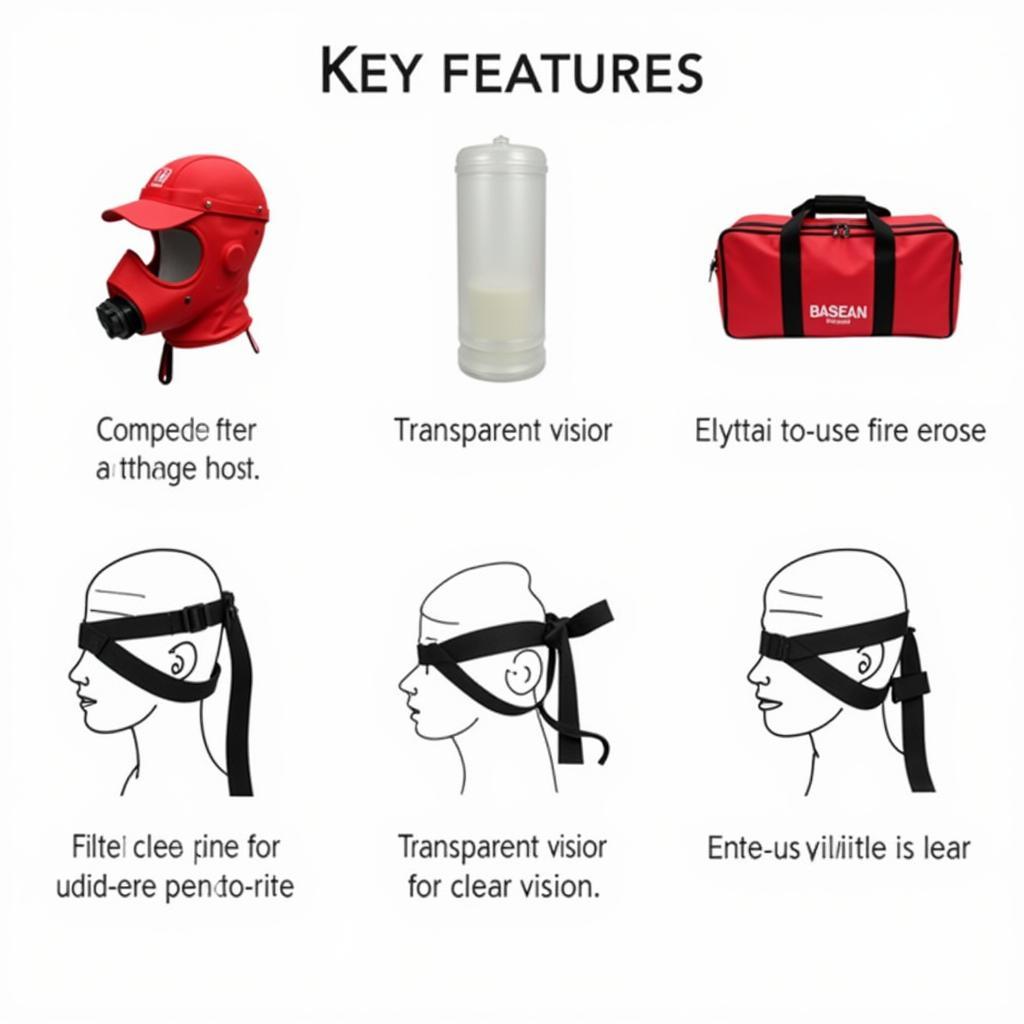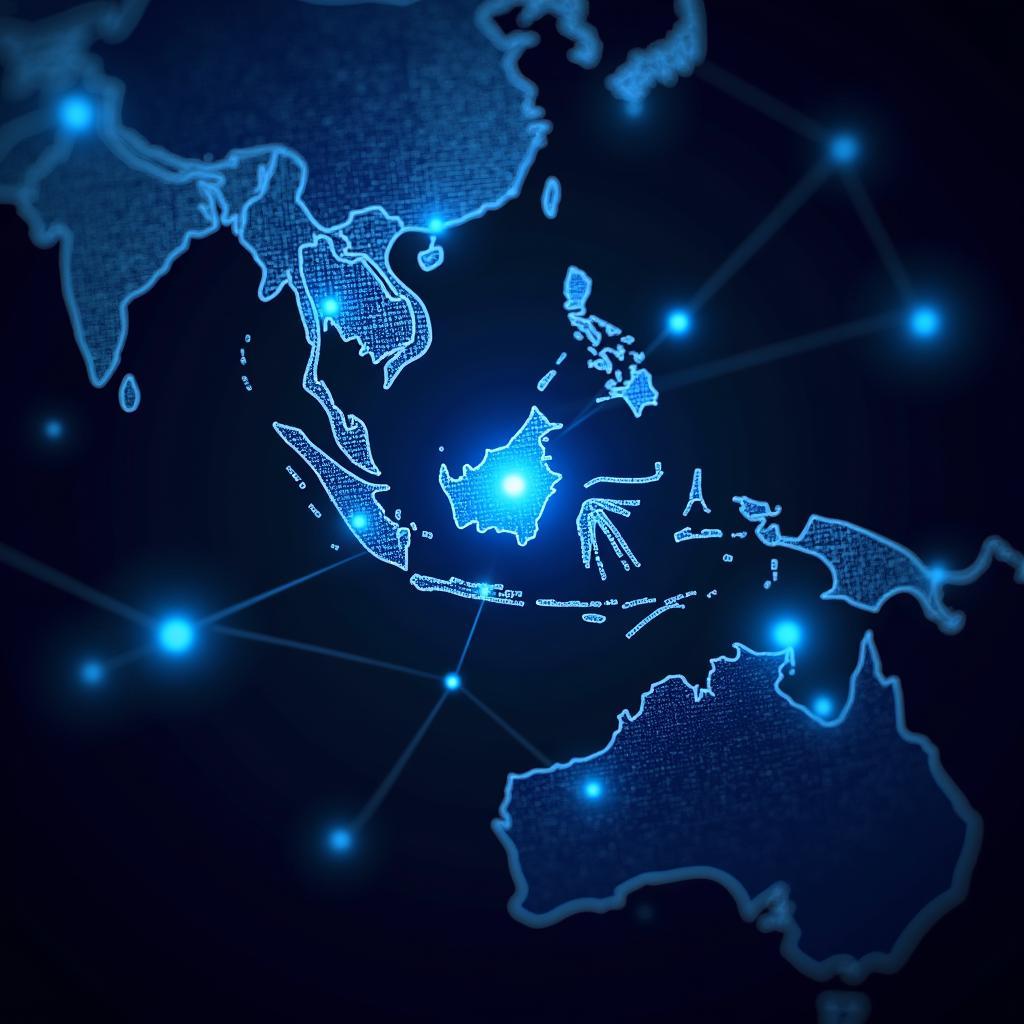ASEAN CASO, or the ASEAN Chiefs of Defence Forces Informal Meeting, represents a vital mechanism for regional security cooperation within Southeast Asia. This platform facilitates dialogue and collaboration among ASEAN member states on critical security issues, playing a crucial role in maintaining peace and stability within the region. This article delves into the complexities of ASEAN CASO, exploring its history, objectives, and significance in navigating the evolving security landscape of Southeast Asia.
The Evolution of ASEAN CASO: From Informal Gatherings to a Key Security Forum
ASEAN CASO emerged from the growing need for a dedicated platform where defence chiefs could engage in open and frank discussions about shared security concerns. Initially conceived as an informal meeting, it gradually evolved into a more structured and substantial forum. This transformation reflects the increasing complexity of security challenges facing the region, ranging from traditional threats like territorial disputes to non-traditional threats like terrorism, cybercrime, and pandemics.
Key Milestones in ASEAN CASO’s Development
- Early Stages (1990s): The initial meetings focused on building trust and rapport among defence chiefs, laying the groundwork for future cooperation.
- Formalization (2006): ASEAN CASO was officially established as a regular forum, signifying its growing importance in the regional security architecture.
- Expansion of Scope: Over time, ASEAN CASO expanded its focus to encompass a wider range of security issues, including maritime security, counter-terrorism, and humanitarian assistance/disaster relief.
Objectives and Functions of ASEAN CASO
ASEAN CASO serves as a crucial platform for promoting practical cooperation among ASEAN defence establishments. Its primary objectives include:
- Enhancing Mutual Understanding and Trust: Through regular dialogues and interactions, ASEAN CASO fosters a spirit of mutual understanding and trust among member states, essential for effective security cooperation.
- Facilitating Information Sharing and Intelligence Exchange: The forum provides a mechanism for sharing critical information and intelligence related to regional security threats, enabling member states to better anticipate and respond to challenges.
- Promoting Joint Exercises and Training Activities: ASEAN CASO promotes joint military exercises and training activities, enhancing interoperability and preparedness to address shared security concerns.
- Developing Common Security Doctrines and Procedures: The forum works towards developing common security doctrines and procedures, fostering a more coordinated and effective regional security response.
Addressing Non-Traditional Security Threats through ASEAN CASO
The evolving security landscape has brought non-traditional threats to the forefront, demanding a more comprehensive and collaborative approach. ASEAN CASO plays a vital role in addressing these challenges through:
- Cybersecurity Cooperation: Recognizing the growing threat of cybercrime, ASEAN CASO facilitates collaboration on cybersecurity, including information sharing and capacity building.
- Pandemic Preparedness and Response: The COVID-19 pandemic highlighted the importance of regional cooperation in addressing health security challenges. ASEAN CASO has played a role in coordinating military assistance and support during the pandemic.
- Disaster Relief and Humanitarian Assistance: ASEAN CASO serves as a platform for coordinating military assistance and support in response to natural disasters, contributing to regional resilience and humanitarian efforts.
ASEAN CASO’s Significance in the Regional Security Architecture
ASEAN CASO plays a significant role in the broader regional security architecture, complementing other ASEAN mechanisms and contributing to a multi-layered approach to security cooperation. Its informal nature allows for open and candid discussions, fostering a more flexible and responsive approach to emerging challenges.
ASEAN CASO and the ASEAN Political-Security Community
ASEAN CASO directly contributes to the objectives of the ASEAN Political-Security Community, which aims to create a peaceful, secure, and stable region. By fostering defence cooperation, ASEAN CASO strengthens the foundation for regional peace and stability.
The Future of ASEAN CASO: Navigating Evolving Security Challenges
As the security landscape continues to evolve, ASEAN CASO must adapt and strengthen its mechanisms to effectively address emerging threats. This includes enhancing collaboration on cybersecurity, maritime security, and counter-terrorism, as well as fostering greater engagement with external partners.
Strengthening ASEAN Centrality in Regional Security
ASEAN CASO plays a crucial role in upholding ASEAN centrality in regional security affairs. By strengthening its internal mechanisms and fostering greater coordination among member states, ASEAN CASO can contribute to a more cohesive and effective regional security response.
In conclusion, ASEAN CASO represents a vital component of the ASEAN security architecture. Its role in fostering dialogue, promoting practical cooperation, and addressing shared security challenges is essential for maintaining peace and stability in Southeast Asia. As the region faces increasingly complex security threats, strengthening ASEAN CASO’s capacity and effectiveness will be crucial for ensuring a secure and prosperous future.
FAQ
- What does CASO stand for? (Chiefs of Defence Forces Informal Meeting)
- When was ASEAN CASO established? (Formally in 2006)
- What are the main objectives of ASEAN CASO? (Enhancing mutual understanding, facilitating information sharing, promoting joint exercises, and developing common security doctrines)
- How does ASEAN CASO address non-traditional security threats? (Through cooperation on cybersecurity, pandemic preparedness, and disaster relief)
- What is the significance of ASEAN CASO in the regional security architecture? (It contributes to the ASEAN Political-Security Community and upholds ASEAN centrality)
- What are the future challenges for ASEAN CASO? (Adapting to evolving security threats, enhancing collaboration on key areas, and strengthening engagement with external partners)
- How does ASEAN CASO contribute to regional peace and stability? (By fostering defence cooperation and facilitating a coordinated response to security challenges)
When you need support, please contact us at Phone Number: 0369020373, Email: [email protected] Or visit us at: Thon Ngoc Lien, Hiep Hoa, Bac Giang, Vietnam. We have a 24/7 customer support team.

